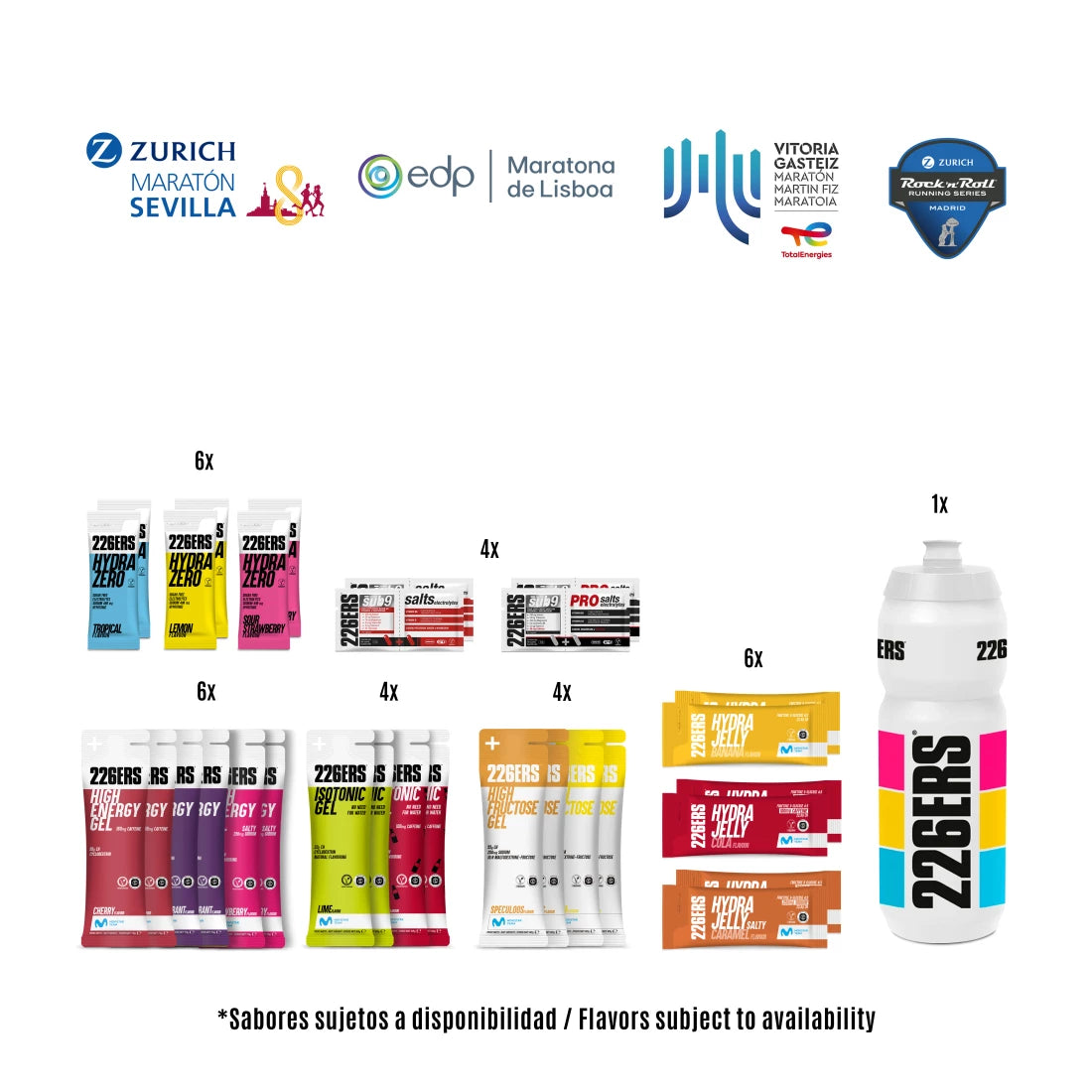5 mental tricks to endure a background
If you have already run a background career you will know perfectly Physical preparation is just an ingredient in the recipe for success.
Mental strength, victory hunger, the desire to overcome and the motivation to move forward They are the "gel" that drives us to reach the end and see our challenges and dreams fulfilled.
But this is very simple to say in planning, prior to a career, during training or writing an article for this blog. The true issue is What to do/think when you are in the middle of the effort?
Next 5 mental tricks to move forward:
1. Marcate small goals and get back
A cone, a curve, a buoy, a tree, the last round, Any reference is valid, it reaches it and look at a new goal. Save positive thoughts for key moments and when you have overcome those goals Take the pleasure of:- Remember how comfortable you trained on that place.
- Take one of those Gels either Bars What do you like so much.
- Remember the support that your partner/coach/friends have given you and the desire you have to return that favor with a joy.
- Think about that bike/shoes/glasses/suit that you are going to buy for the next test.
- Enjoy for a few moments of the environment in which you are competing.
2. Concentrate on breathing
This has a lot of mental burden than we imagine. If we get used to marking a rhythm of breathing, even when we don't need it, we are accustoming the brain to a guideline and it will be much easier for us to stay in situations in which the career rhythm demands More oxygen For muscles. Yoga practitioners use mantras (infinite repetition of phrases) to reach their optimal mental point, make oxygen feed your brain rhythimically and this will remain balanced.3. Turn pessimism
Tell me if you notice difference between these two phrases:"I'm short of strength, I don't know where I will be able to arrive" "I'm going to get to the end with what I have left"There is right? Both reflect one Limit situation faced from two different points of view.
- In the first one are giving an excuses a priori, justifying a failure that has not yet arrived, preparing the way for abandonment and implying that "if I don't finish it is not my fault."
- In the second one faces the problem from a constructive point of view, it leaves no doubt that it is going to arrive, whatever it is, but it will arrive.











